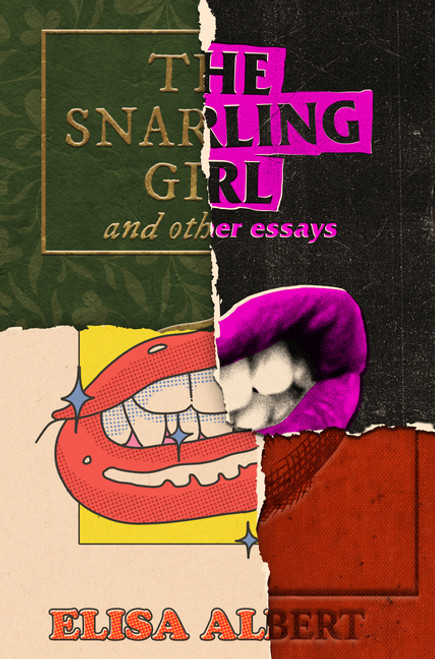Finalist, National Book Award in Nonfiction
Winner, Massachusetts Book Award
A Book of the Year pick from Kirkus, BuzzFeed, and Literary Hub "The essays in this collection are restless, brilliant and short....The brevity suits not just Walker's style but his worldview, too....Keeping things quick gives him the freedom to move; he can alight on a truth without pinning it into place." -Jennifer Szalai, the New York Times For the black community, Jerald Walker asserts in How to Make a Slave, "anger is often a prelude to a joke, as there is broad understanding that the triumph over this destructive emotion lay in finding its punchline." It is on the knife's edge between fury and farce that the essays in this exquisite collection balance. Whether confronting the medical profession's racial biases, considering the complicated legacy of Michael Jackson, paying homage to his writing mentor James Alan McPherson, or attempting to break free of personal and societal stereotypes, Walker elegantly blends personal revelation and cultural critique. The result is a bracing and often humorous examination by one of America's most acclaimed essayists of what it is to grow, parent, write, and exist as a black American male. Walker refuses to lull his readers; instead his missives urge them to do better as they consider, through his eyes, how to be a good citizen, how to be a good father, how to live, and how to love.
Winner, Massachusetts Book Award
A Book of the Year pick from Kirkus, BuzzFeed, and Literary Hub "The essays in this collection are restless, brilliant and short....The brevity suits not just Walker's style but his worldview, too....Keeping things quick gives him the freedom to move; he can alight on a truth without pinning it into place." -Jennifer Szalai, the New York Times For the black community, Jerald Walker asserts in How to Make a Slave, "anger is often a prelude to a joke, as there is broad understanding that the triumph over this destructive emotion lay in finding its punchline." It is on the knife's edge between fury and farce that the essays in this exquisite collection balance. Whether confronting the medical profession's racial biases, considering the complicated legacy of Michael Jackson, paying homage to his writing mentor James Alan McPherson, or attempting to break free of personal and societal stereotypes, Walker elegantly blends personal revelation and cultural critique. The result is a bracing and often humorous examination by one of America's most acclaimed essayists of what it is to grow, parent, write, and exist as a black American male. Walker refuses to lull his readers; instead his missives urge them to do better as they consider, through his eyes, how to be a good citizen, how to be a good father, how to live, and how to love.





